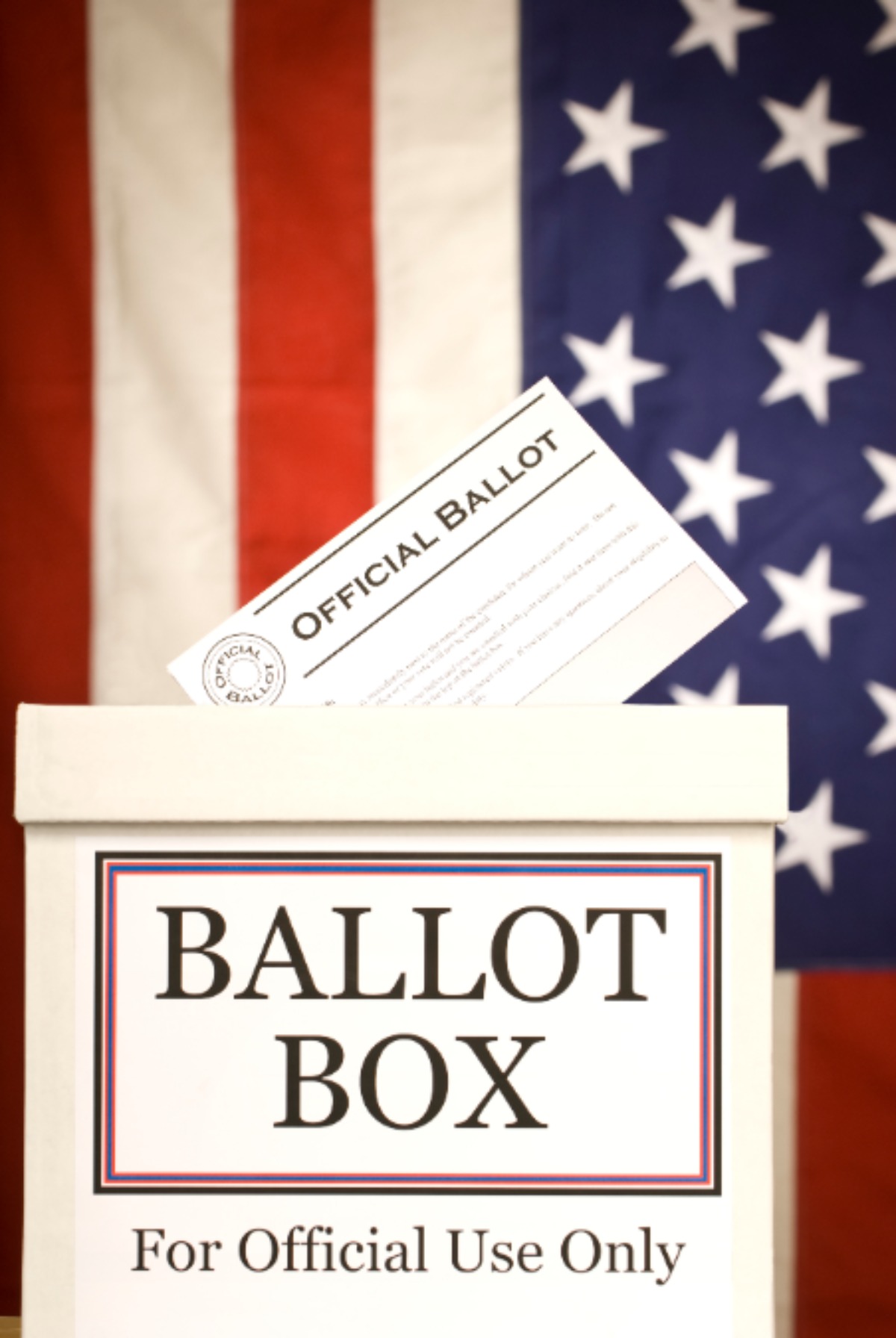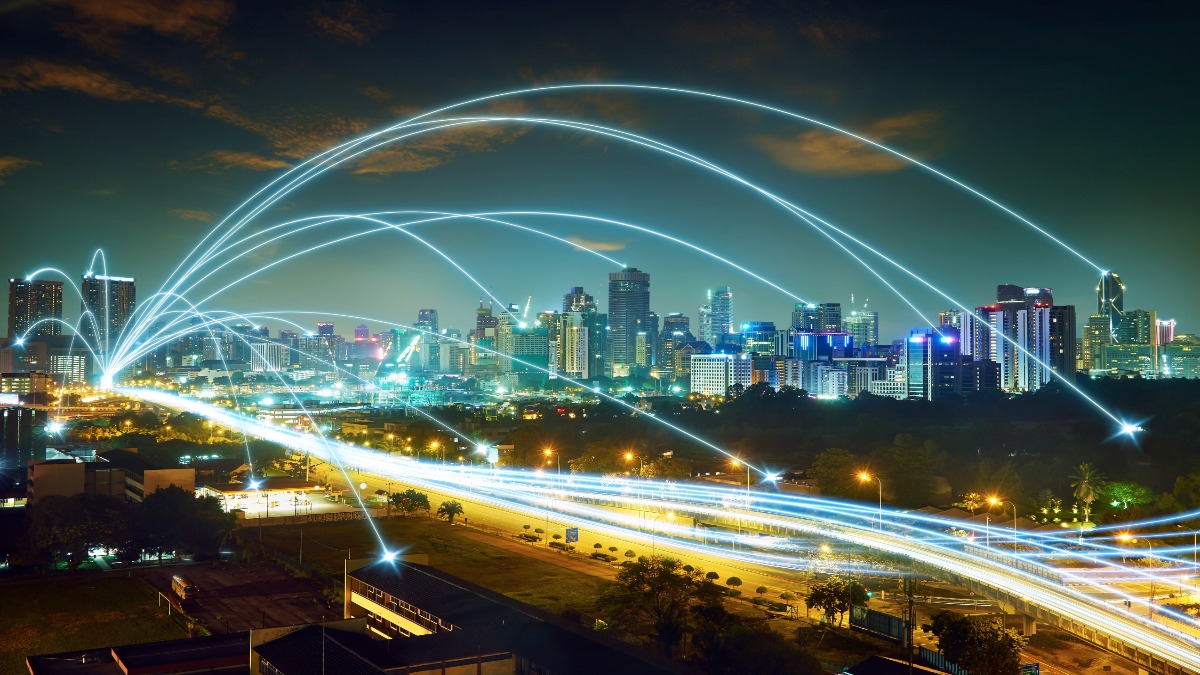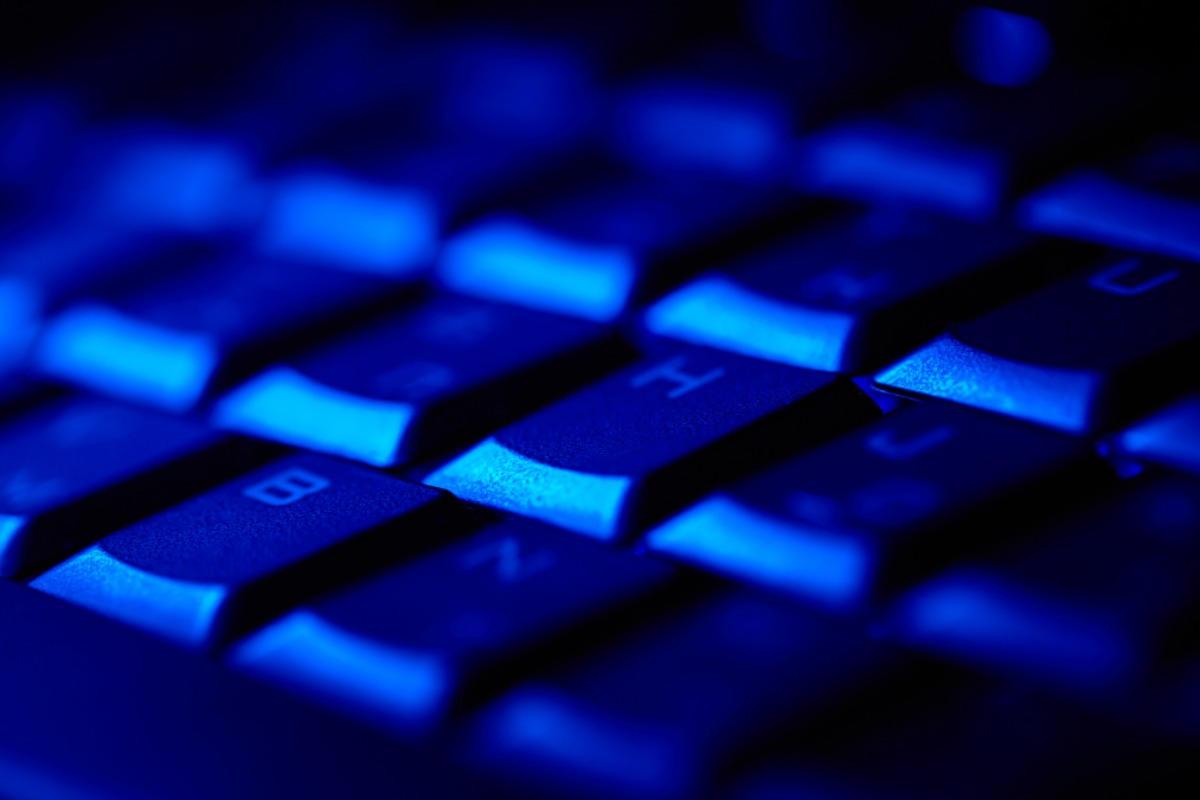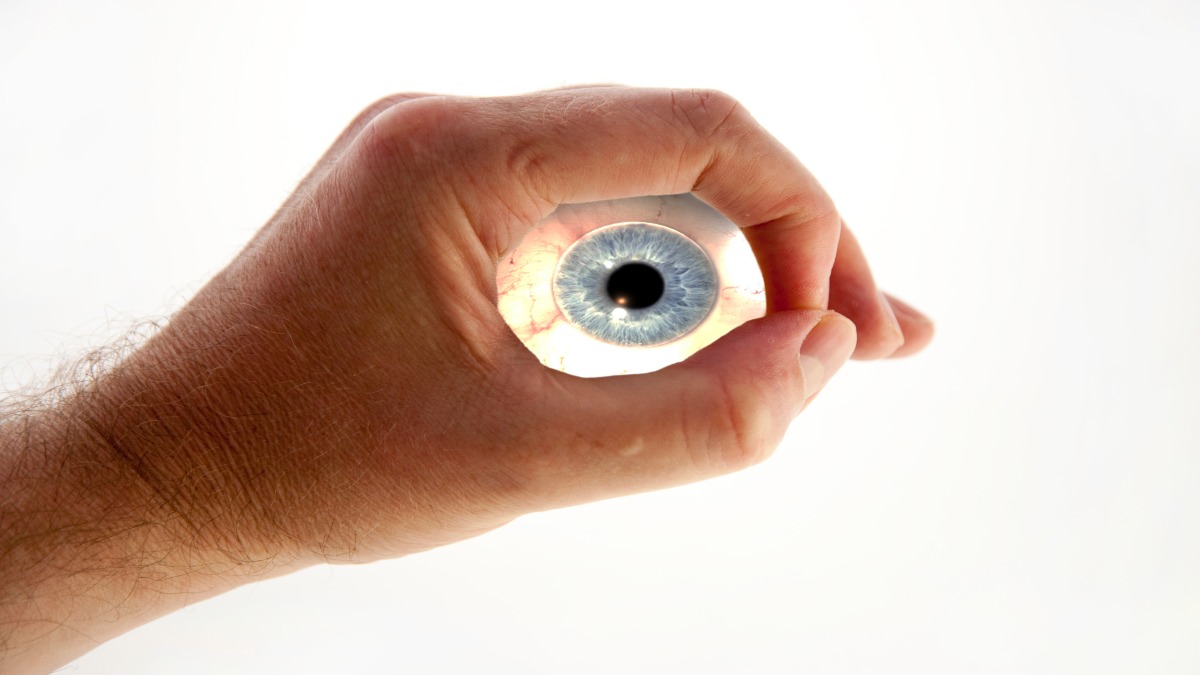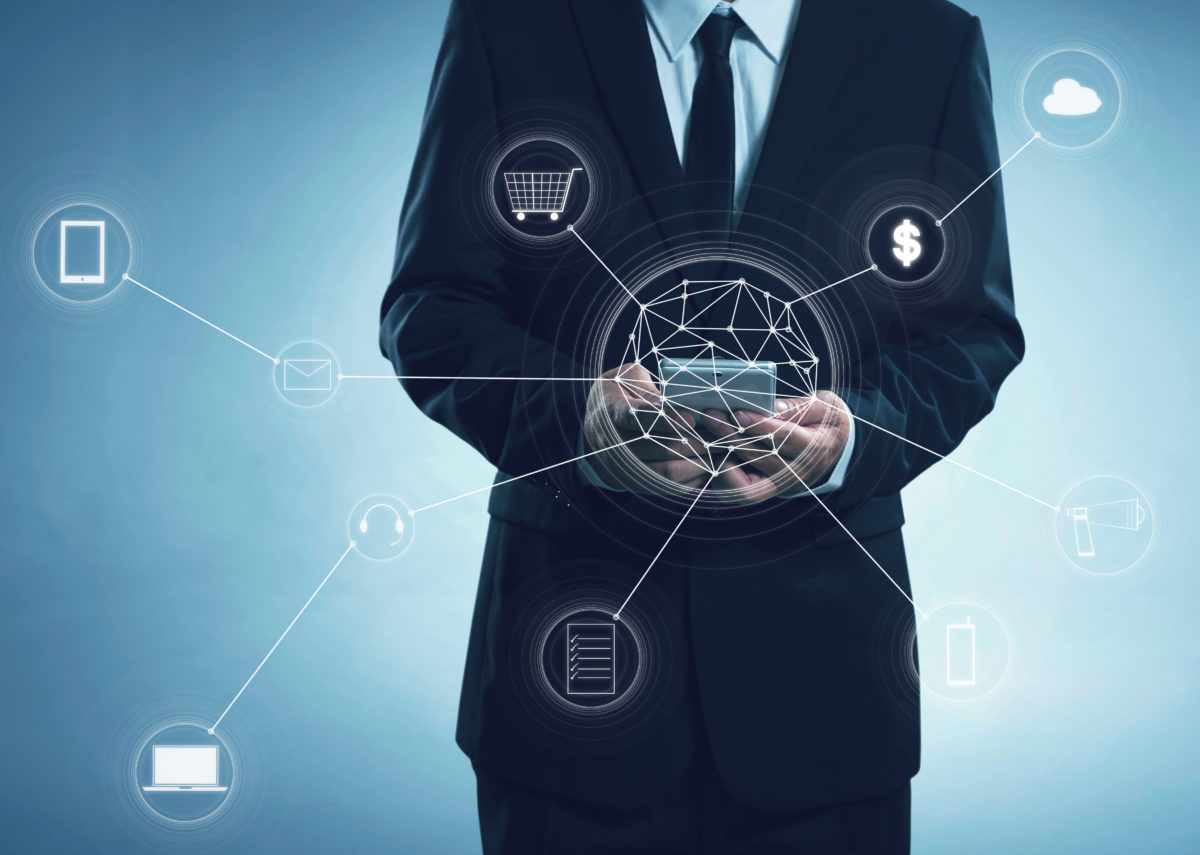Cook County Clerk Karen Yarbrough Gives Safe Voting Practices
Cook County Clerk Karen Yarbrough would like voters to know her staff is taking every precaution to make all voting stations a safe and clean environment. On top of her list, everyone should wash your hands! She says all voting staff will continuously wipe down all surfaces and are trained to keep the stations clean. Clerk Yarbrough urges everyone to remember the rules your mother gave you!…Wash your hands, sneeze into your sleeve and if you have a fever stay home from work, don’t go out and stay in and take care of yourself. Clerk Yarbrough sits down with Lee Neubecker, President & CEO of Enigma Forensics to discuss the current state of affairs.
Check out this video interview to find out what precautionary steps the Clerk’s department has taken to make sure each voting office stays safe.
Election Day is on Tuesday, March 17
Lee Neubecker: Hi, this is Lee Neubecker, president of Enigma Forensics, computer forensics firm based here in Cook County in Chicago. And I had the pleasure of having our very own Cook County Clerk, Karen Yarbrough, here on the show to talk a little bit about what her office is doing to help keep people safe, in light of the recent corona outbreak. Karen, thanks for being on the show.
Clerk Karen Yarbrough: Thank you, Lee. Well, you know, this is a really busy time for us and we have a number of, we have our regular employees and then we have a lot of people, almost 8,000 people, who will be involved in the election on the 17th. So we want everyone to be safe. So in the office, what we’re doing is, first of all, we’re educating people. Now, some of this stuff is just common sense. I mean, people should know to wash their hands. They absolutely should know that. They also should know that if you have to sneeze, you don’t sneeze out like that, you go like this, okay? I mean, didn’t your mom teach you that? I mean, mine did, so. So the education or bringing it back to people on how we can keep safe. So our people have, they have obviously Purell. They have the gloves if they want to wear them. They also have, they clean their work stations. So we have everything that they need and we have a big influx of people for several reasons and especially in vitals and in elections and so we want everyone to be safe.
LN: So with the election fast approaching, I know that previously you were on the show to talk about early voting, in trying to get people to pull a ballot so that they could vote from home. It’s too late for that now, but what would you advise that people should do as they’re heading to the polls?
CY: Well, hopefully they’ll have a card or some information on who they want to vote for. They’re going to find our brand new voting machines there and it’ll probably take them all of two or three minutes to vote this time. So the ease of voting, they’re going to find friendly faces there and people who are willing to help them. We have the touchscreens and we also have paper ballots if people want to use ’em. But we’re encouraging people to use the touchscreen. If you want to use your finger, then you can wipe your finger off with, and we have everything there. I mean, absolutely.
LN: Like Purell?
CY: Absolutely, we have everything there. They could use a pen to do this, you know. They could use their, bring their own pen if they want to fill out a paper ballot. So, you know, again we’re telling people use some common sense here as it relates to, you know, today and all through the last few days, what I’ve been doing is going to the early voting polling places and so I’ve met all of the judges and I see the way that they’re greeting people. They’re not shaking hands, they’re doing fist bumps or arm bumps. Yeah, like that or whatever, but they are not shaking hands. So, you know, as I’ve looked, and we’ve been looking at, watching what’s coming out of Washington, what’s coming out–
LN: Even here in Chicago
CY: Absolutely.
LN: Yesterday we had the Prudential building had their first case.
CY: Yeah, how about that? How about that? But you know what? For the most part, 80% of the people who contract it in the first place, they’re going to be fine. Children are going to be fine. It’s people who have compromised systems that have the problems. And older people. I get all of that, but people can be safe and they can be competent, use common sense and be safe.
LN: Yeah, like not jumping on an airline when you know you’ve tested positive. I don’t think you should do that if you have Corona Virus.
CY: Don’t come to work sick. We’re sending people home. Anybody’s around there sniffling or what have you or they don’t feel well, if they have a fever. If you got a fever, you ought to be at home. You shouldn’t be with us.
LN: And just because you have a fever, you shouldn’t be flipping out thinking you have Corona Virus.
CY: Not at all, not at all.
LN: They say that you need to have three specific symptoms combined to worry about it. You need body aches, fever, plus respiratory problems. So if you don’t have all of three of those, don’t bug your doctor. The doctors are under control.
CY: Don’t panic.
LN: Unless you, if you have a fever that runs awhile, call but don’t. Then you should assume that you have Corona Virus.
CY: I’m hoping that we get some better information out of Washington, though. There have been mixed messages there, so let’s hope that we can get better information out of Washington as well as what we need. I noticed that out governor was pretty frustrated about his inner workings with the federal government on what we need in Illinois. So let’s hope that they get that together.
LN: Yeah, absolutely. Well, thanks for being on the show again.
CY: Thank you.


